
Appellate
Experienced
guidance
Overview
Utilizing our expansive knowledge of appeals, petitions and other complex matters in both state and federal courts, we deeply invest in helping our clients reach final resolution after a drawn-out appellate process. Our firm’s rich tradition in litigation sets the stage for our approach to appeals and allows us the opportunity to exceed client expectations.
Understanding that appeals demand a sophisticated proficiency to consider all arguments involved and assess the best outcome, our Appellate Practice represents both appellants and respondents in courts across the Southeast and beyond. These appeals have involved essentially every field of litigation, including:
- Business disputes
- Construction claims
- Contractual issues
- General tort law
- Insurance matters
- Premises liability
- Products liability
- Professional liability
Applying a wealth of knowledge about the decisions of the state and federal appellate courts in addition to the current state of the law, our attorneys’ drive for success gives our clients a winning advantage and earns respect from the courts and opposing counsel alike. Our attorneys’ common-sense approach to and deep grasp of appellate court procedures and practices are crucial in streamlining appeals and staying one step ahead of potential problems.
Our Appellate Practice represents a wide variety of clients, including:
- Fortune 500 companies
- Insurance companies
- Local businesses, attorneys, medical professionals and private individuals
- National manufacturing companies
- National retailers
Experience
- Obtained summary judgment for a bank and one of its officers after a customer alleged defamation. Specifically, the plaintiff was the proposed manager of a new business venture that failed to obtain a loan. The plaintiff claimed he was defamed by the bank officer’s private comment that it would not lend to the venture with the plaintiff involved. The bank had historical knowledge and personal experience with the plaintiff’s past business failings. After taking the appeal from the Court of Appeals sua sponte, the South Carolina Supreme Court used the case to clarify the objective limits to claims of defamation by insinuation. In affirming the trial court, the Supreme Court held that there was no reasonable defamation implied and that defamatory meanings could not be “purely conjectural interpretations.” The court also affirmed that the statement was both within the scope of qualified business privilege and there was no evidence that it was made in disregard of the plaintiff’s rights.
- Assisted with the preparation of the brief in a successful appeal to the United States Court of Appeals for the Fourth Circuit. In the appeal, the Fourth Circuit upheld the district court and an arbitration panel’s award of defensive attorneys’ fees to the firm’s clients, who were four financial advisors sued by their former employer for alleged misappropriation of the employer’s proprietary information.
- Represented a large regional hospital and successfully obtained reversal of an award by the Workers’ Compensation Commission of benefits to an injured certified registered nurse anesthetist supplied by a local staffing agency. The hospital disputed the claim by the injured worker and the staffing agency that she was its employee, and the court agreed. Applying the even-handed analysis required by Wilkinson ex rel. Wilkinson v. Palmetto State Transportation Company, the court of appeals determined the worker failed to meet a single element of the employment test. Accordingly, the court held the worker was not the hospital’s employee and remanded for a determination of whether she was an employee of the staffing agency. Shatto v. McLeod Regional Medical Center, 2011 S.C. App. LEXIS 204 (S.C. Ct. App. 2011).
- Received a direct appeal from the South Carolina Workers’ Compensation Commission, the South Carolina Supreme Court vacated decisions by the Full Commission and the circuit court in an occupational disease claim because claimant did not timely file his initial request for appellate review. In a matter of first impression in workers’ compensation cases, the Supreme Court held that the Commission lacks authority to extend the 14 days permitted for the filing of an appeal from the decision of the single commissioner. The court also clarified that the issue is properly couched as one of appellate, rather than subject matter, jurisdiction. Betty Ann Allison, as Personal Representative of the Estate of Benjamin Allison v. W.L. Gore & Associates, Op. No. 27031 (S.C.Sup.Ct. filed Aug. 22, 2011) (Shearhouse Adv.Sh. No. 28 at 78).
- Represented client in a workers’ compensation case, where the claimant alleged she was injured after falling on a public sidewalk outside her employer’s place of business. The Worker’s Compensation Commission denied the claim for benefits. We argued that this was the correct result because the claimant was not injured on the employer’s premises, her injury did not fit within a recognized exception to the “going and coming” rule, and no causal relationship existed between claimant’s fall and her employment. The Court of Appeals agreed and affirmed the Commission’s decision not to award benefits. Matute v. Palmetto Health Baptist, 2011 WL 204898 (S.C. Ct. App., Jan. 19, 2011).
- Defended a motorist in a wreck case and convinced the jury to return a verdict in an amount considerably less than the plaintiff’s claimed damages. The trial judge then added more than $10,000 to the verdict. On appeal, we argued that the trial judge did not identify – and the record did not support – the types of “compelling reasons” that are required for a judge to disturb a jury’s verdict. Specifically, we noted that the plaintiff’s damages were sharply disputed at trial, and this created a reasonable basis for the jury’s decision. The Court of Appeals agreed, reversing the trial judge’s decision and reinstating the original verdict. Luchok v. Vena, 2010 WL 5393485 (S.C. Ct. App., Dec. 22, 2010).
- Represented a livestock owner whose cattle escaped onto a highway, where a motorist collided with them. In this case of first impression, the Court of Appeals held that a strict liability statute for owners of “trespassing” livestock does not apply to damages caused by animals found on a public highway. There was no evidence of any negligence by the owner that allowed the cattle to escape, and the plaintiff pursued only a claim for strict liability. The trial court granted summary judgment to the owner. On appeal, the Court of Appeals found that the strict liability statute applies only when livestock trespass onto someone else’s private property and cause damages there. When animals cause damage while on a public roadway, a plaintiff must prove negligence on the part of the owner. Because there was no evidence of negligence in this case, the Court of Appeals affirmed summary judgment for the owner. Williams v. Smalls, 701 S.E.2d 772 (S.C. Ct. App. 2010).
- Argued on appeal in a case where an “odd jobs” worker sued the homeowners who hired him to pressure-wash their roof after he fell from a ladder and sustained a serious injury. There was no evidence of any defect in the ladder or the roof, but the plaintiff alleged the homeowners had a duty to supervise his work because he was their “employee.” The trial court granted summary judgment to the homeowners. We argued on appeal that South Carolina law does not recognize a duty to instruct or supervise “odd jobs” workers in these types of situations. The Court of Appeals agreed and concluded there was no basis for any negligence claim against the homeowners. Therefore, the Court affirmed the summary judgment. Peterson v. Porter, 697 S.E.2d 656 (S.C. Ct. App. 2010).
- Served in a significant preemption case, the South Carolina Supreme Court affirmed the grant of summary judgment on behalf of a major automotive manufacturer. The appellant alleged that the manufacturer had breached certain warranties by installing automotive side window glazing that shattered upon impact and failed to retain vehicle occupants in a rollover collision. In support of its summary judgment motion, the automaker argued that the appellant's common law claims were preempted because they conflicted and interfered with the intent of Congress to provide a range of automotive glass / glazing options as codified in the Federal Motor Vehicle Safety Standard 205. After reviewing opinions that had both upheld and rejected federal preemption in this context, the court agreed that the more persuasive opinions were those that recognized preemption, and thus the court held that permitting the appellant's case to go forward would "stand as an obstacle to achieving the purposes and objectives of Regulation 205." Priester v. Cromer, et al., Op. No. 26846 (S.C. Sup. Ct. filed August 2, 2010) (Shearhouse Adv. Sh. No. 30 at 12).
- Affirmed dismissal by the South Carolina Supreme Court of a plaintiff’s tort-based theories of recovery pursuant to the economic loss doctrine. The court recognized, and rejected as unworkable, various exceptions that had been carved out in recent years. In so doing, the court greatly clarified existing precedent on this issue and made clear to product manufacturers that the doctrine is alive and well outside of the residential construction arena. Sapp v. Ford Motor Co., 687 S.E.2d 47 (S.C. 2009).
- Defended client in a case in which the South Carolina Court of Appeals rejected the claimant’s contention that she sustained an injury by accident within the meaning of the Workers’ Compensation Act resulting from exposure to perfume and cleaning agent fumes in the workplace. In light of the claimant’s history of similar reactions, as well as the exceedingly high risk of exposure to perfumes in general, the court could not conclude that the claimant sustained a compensable injury and affirmed the denial of benefits. Ervin v. Richland Memorial Hospital and Key Risk Management Services, 687 S.E.2d 337 (S.C. 2009).
- Filed for and was granted a petition for a South Carolina Supreme Court review in a case where the Court reversed the court of appeals’ decision and reinstated the defense verdict in favor of our client, a Charleston chiropractor. The trial judge gave a lengthy charge to the jury on the applicable standards for a medical malpractice claim. Included in that charge was a brief passage suggesting that a diagnosis by a medical professional must be made “in bad faith” in order to create a claim. The jury ruled in favor of the chiropractor. The court of appeals reversed the defense verdict because it believed the short passage regarding “bad faith” made the entire charge improper. The Supreme Court ruled that the disputed portion of the jury charge was erroneous, but it did not cause any prejudice to the plaintiff because the charge as a whole stated the correct law. Thus, the defense verdict was proper. Ardis v. Sessions, 682 S.E.2d 249 (S.C. 2009).
- Represented a Greenville attorney in a legal malpractice case where the lawyer had formerly represented the plaintiff, who was a resident of South Carolina but was injured in Georgia while working as an independent contractor for a Tennessee company. The trial attorney moved for summary judgment on several different grounds, including the argument that it was not foreseeable to the attorney that filing basic workers’ compensation paperwork on a client’s behalf in South Carolina would later prevent the client from pursuing a workers’ compensation claim in Tennessee. The trial judge granted the summary judgment motion on that basis, and the plaintiff appealed. The court of appeals agreed that the attorney could not reasonably have anticipated the later dismissal of the Tennessee workers’ compensation claim. The Tennessee claim went all the way to the Tennessee Supreme Court before being dismissed, and this indicated the dismissal was a close legal question. Thus, it would not be reasonable to expect the South Carolina attorney to foresee the dismissal in Tennessee, and summary judgment was proper. Eadie v. Krause, 671 S.E.2d 389 (S.C. Ct. App. 2008).
- Achieved victory in case where the United States Court of Appeals for the Fourth Judicial Circuit affirmed summary judgment for the client, an insurance company, in a declaratory judgment action. The court concluded that the insurer owed no duty to defend or indemnify an insured restaurant in a dispute arising from a fight between patrons at the restaurant. St. Paul Reinsurance Co., Ltd. v. Riviello, 296 Fed. Appx. 377 (4th Cir. 2008).
- Petitioned for further review and convinced the South Carolina Supreme Court to take a case where our client was driving an automobile that was struck by a motorcycle. The plaintiff suffered serious injuries and claimed large amounts of damages. At trial, the defendant introduced evidence that the plaintiff had consumed alcoholic beverages prior to the accident. The defendant also presented expert testimony to show that, while the plaintiff was not legally intoxicated, he was still “impaired” for purposes of operating a motorcycle. The trial judge admitted the testimony over the plaintiff’s objection. After the jury concluded the plaintiff bore the majority of the fault for the accident, the plaintiff appealed. The court of appeals reversed because it felt evidence of alcohol consumption, without evidence of actual intoxication, was improper. The South Carolina Supreme Court reversed the court of appeals and reinstated a defense verdict in favor of the client, a motorist. The Supreme Court held that the trial court had properly admitted expert evidence because evidence of driving while “impaired,” while not illegal, was still relevant to the issue of which driver caused the accident. Therefore, the jury’s verdict in favor of the defendant was proper. Lee v. Bunch, 647 S.E.2d 197 (S.C. 2007).
- Achieved the South Carolina Supreme Court affirmation of a directed verdict for our client, the defendant, a supermarket operator. The plaintiff was injured in an on-premises attack by two store employees, but the evidence demonstrated that the attack was motivated solely by the employees’ personal animosity for the plaintiff. For that reason, the Court concluded that the store could not be held liable for the employees’ wrongful conduct. Armstrong v. Food Lion, Inc., 639 S.E.2d 50 (S.C. 2006).
Professionals
- R. Hawthorne Barrett - Shareholder
- David S. Cobb - Shareholder
- Mark B. Goddard - Shareholder
- J. René Josey - Shareholder
- David L. Moore - Shareholder
- James "Jeb" S. Murray - Of Counsel
- Thomas C. Salane - Of Counsel
- Carmelo B. Sammataro - Shareholder
- Christopher D. Scalzo - Of Counsel
- Charles C. Stebbins, III - Of Counsel
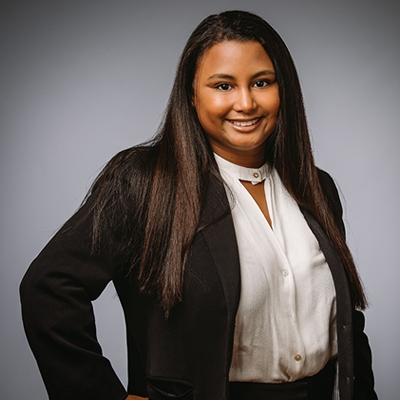
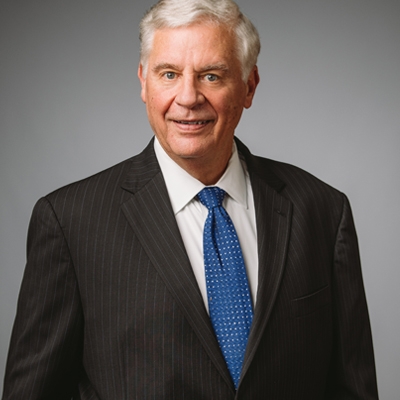

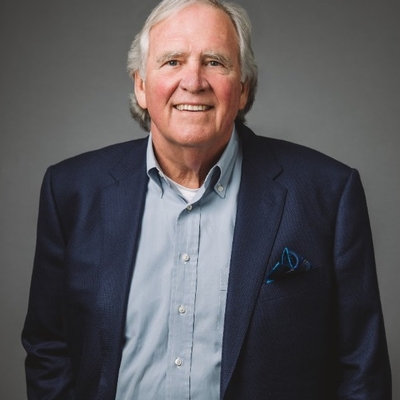


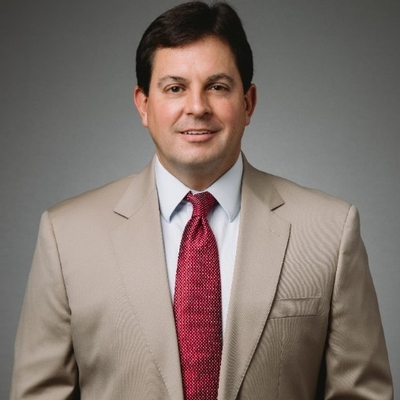
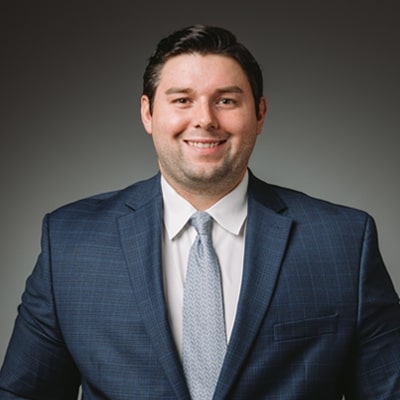
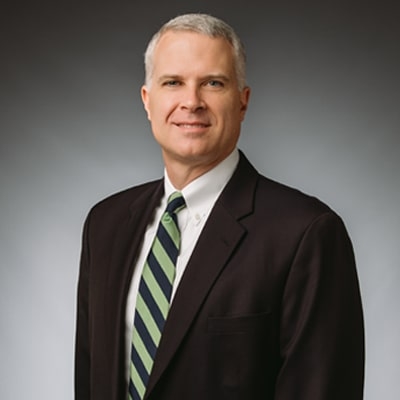
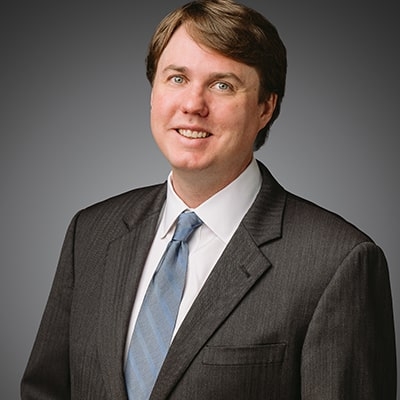
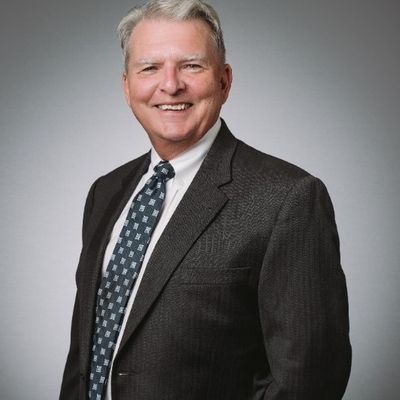
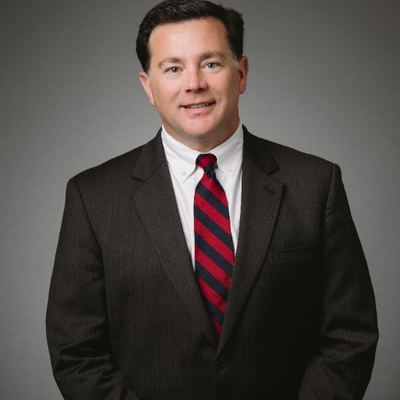
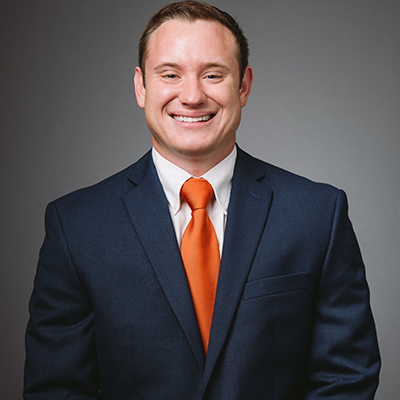
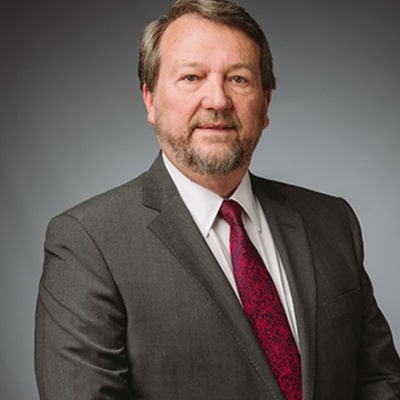
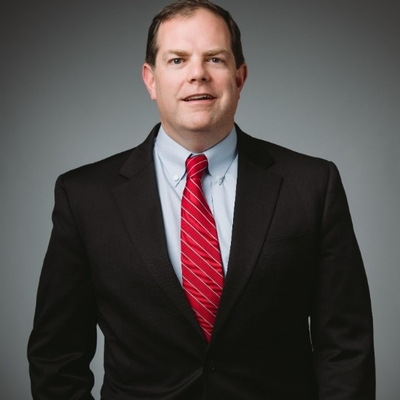


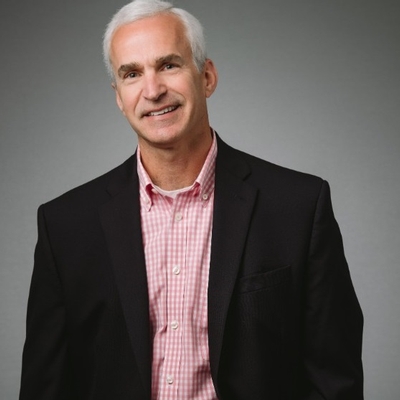
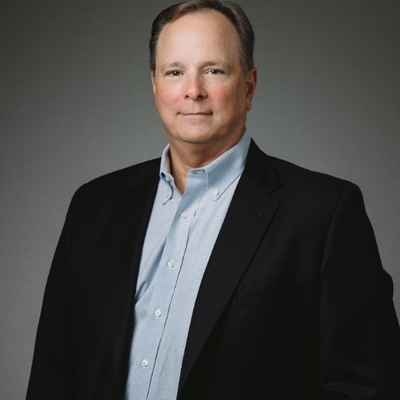

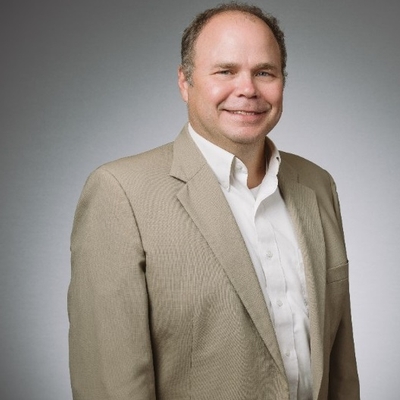
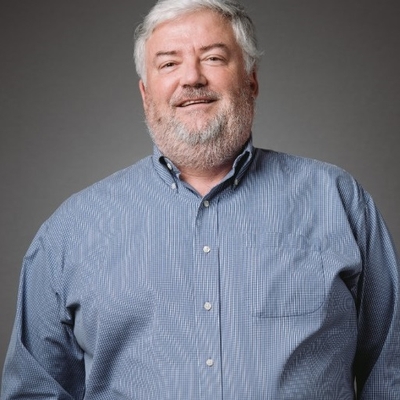
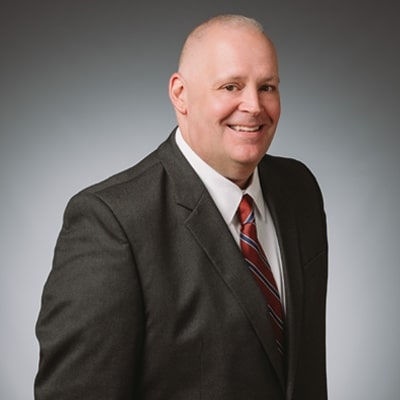

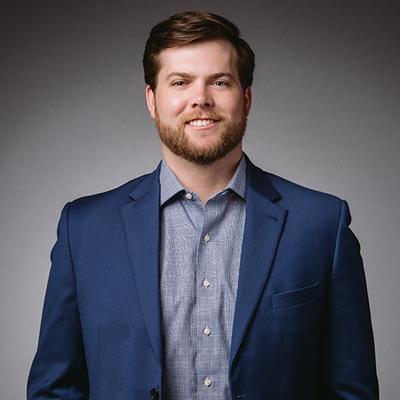
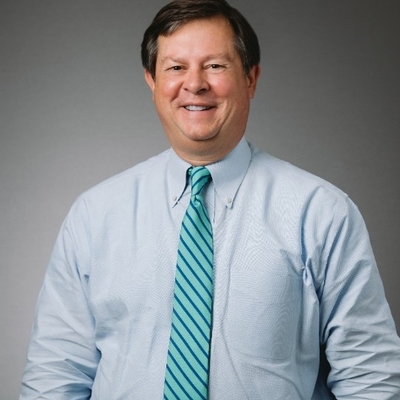



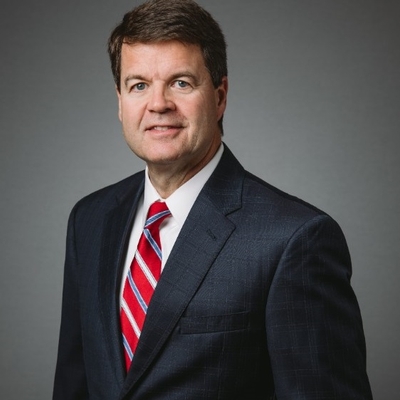



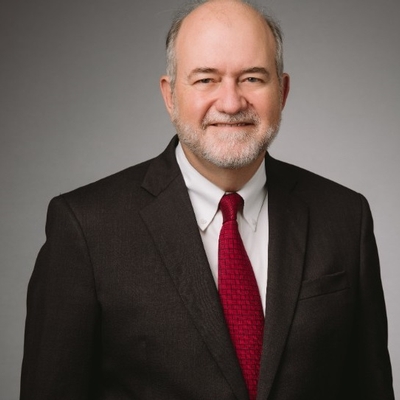


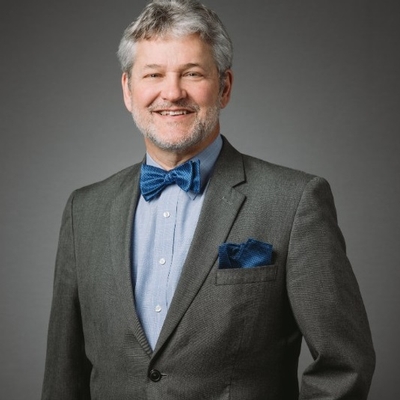

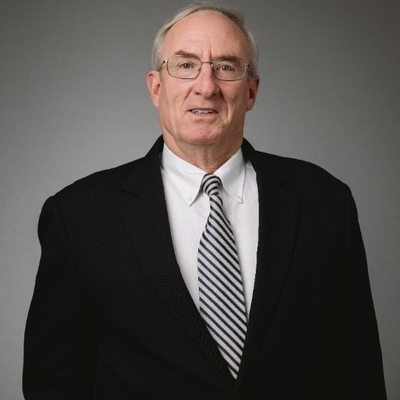
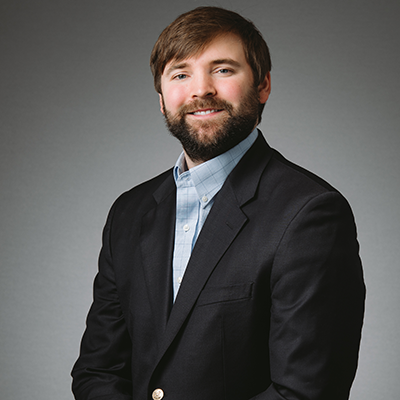

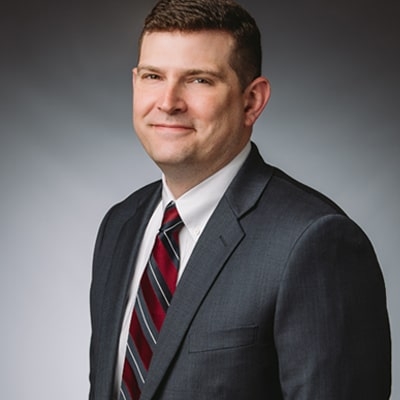
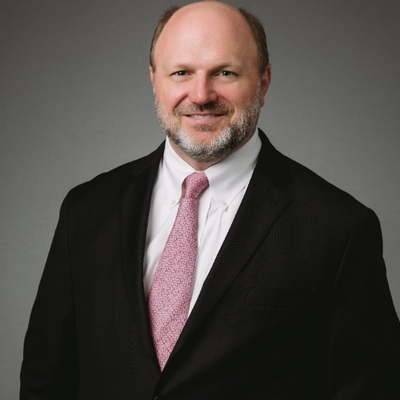

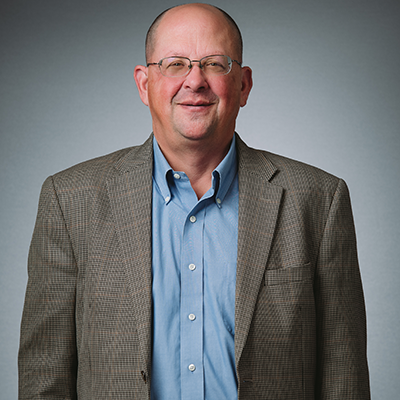
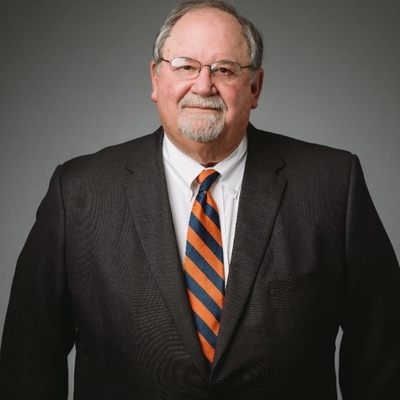

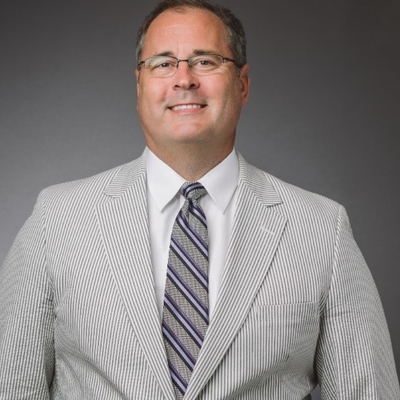



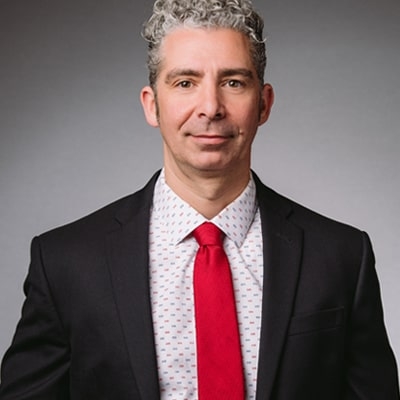
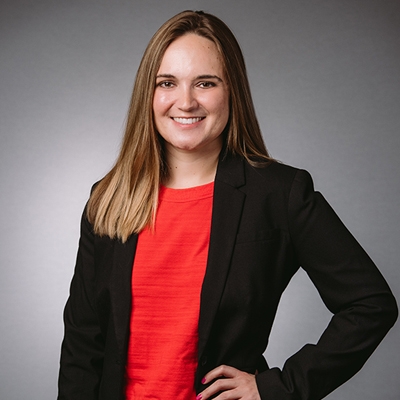


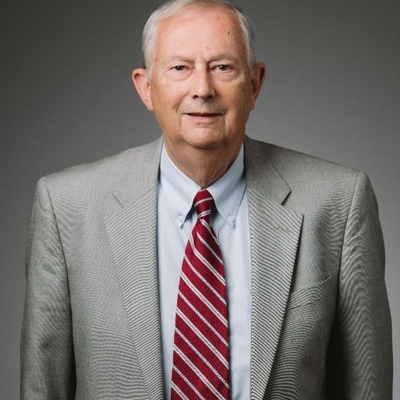
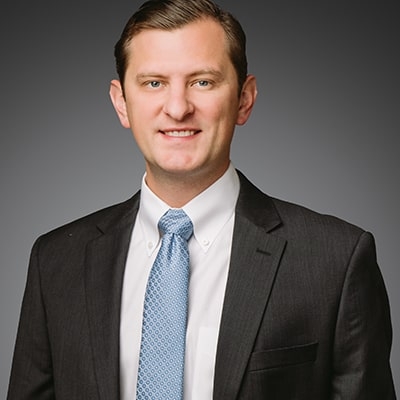
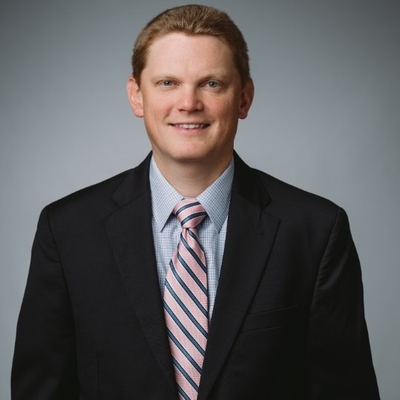
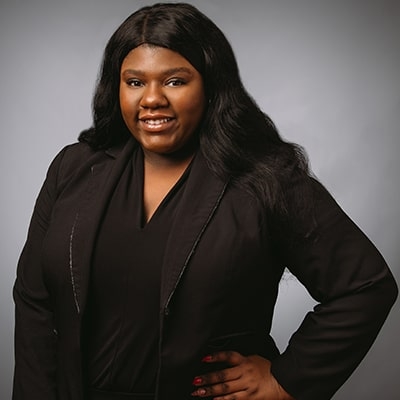
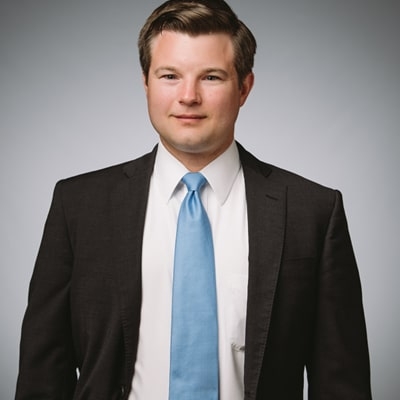
 More Insights
More Insights